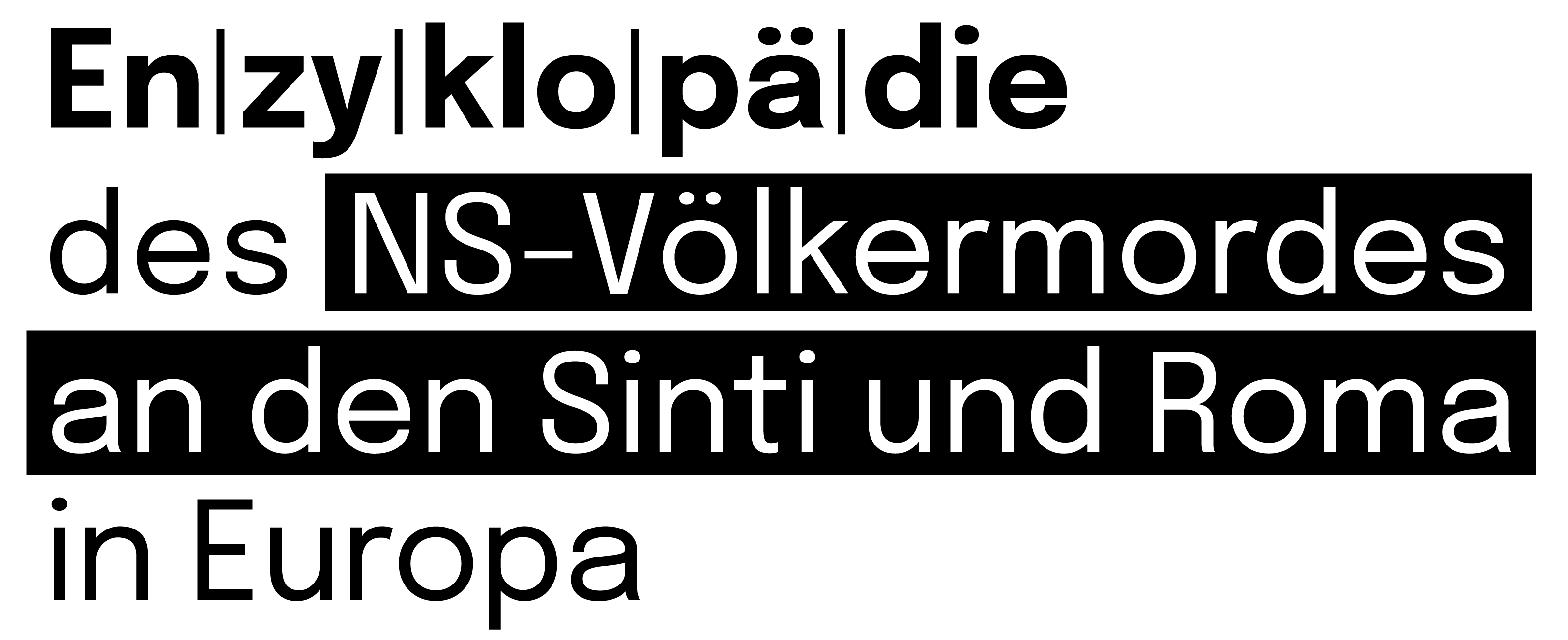Vladimiro Torre, born on 20 August 1946 in Carpi (Modena), Italy, played an important role in bringing the internment of Italian Sinti under the Fascist regime to public attention.
Childhood and Family
Torre’s father Oscar Torre (1915–1976) travelled the fairs in northern Italy with a shooting gallery, while his mother Marsilia De Bar (1921–1974) belonged to a family of circus artists of French origin. When Oscar Torre was called up during World War II, he fled to avoid being deployed at the front and hid with his wife in various farmhouses. Most of their relatives had been interned in Prignano sulla Secchia, in the Modenese Apennines.
From an early age, Vladimiro Torre worked with his family as a showman and travelled around northern and central Italy, following the fairground calendar. In 1962, he married Catia Truzzi (1948–2020); the couple had five children. Vladimiro Torre was involved in showpeople’s occupational organisations and initiated several campaigns to improve the living conditions of Roma and Sinti, who were forced from the 1980s onwards to live with their caravans in ‘nomad camps’ from which they were effectively unable to move.
In 1998, Vladimiro Torre founded a regional chapter of Thèm Romanó in Reggio Emilia. The main purposes of the association include the protection of civil rights, the promotion of culture and vocational training for Sinti and Roma.
Documentation and Commemoration
In 2001, Vladimiro Torre began to collect testimonies from the Sinti in Reggio Emilia about the persecution they had suffered under the Fascist regime. He was involved in an archival research project that led to the first publications on the internment of Italian Sinti and Roma in localities during World War II. In 2010, Vladimiro Torre was the main initiator of the first conference on the internment of Italian Sinti and the installation of a memorial plaque in Prignano sulla Secchia, which served as a place of internment from 1940 to 1943.
Social Engagement
From 2014, the Thèm Romanó association in Reggio Emilia worked together with the Emilia-Romagna region on the drafting of Regional Law 11/2015, ‘Provisions for the social inclusion of Roma and Sinti’, and sensitised the institutions involved to ensure that the views of the Sinti were taken into account on issues of fundamental importance.
One of the association’s most important demands was the dissolution of the so-called ‘nomad camps’ and the establishment of smaller family settlements to ensure better living conditions. Vladimiro Torre dedicated the last years of his life to pushing for the implementation of the 2015 law, as it had not been observed by many local authorities and was not sufficiently funded by the Emilia-Romagna region.
He died on 25 October 2021 in Budrio di Correggio (Reggio Emilia).




